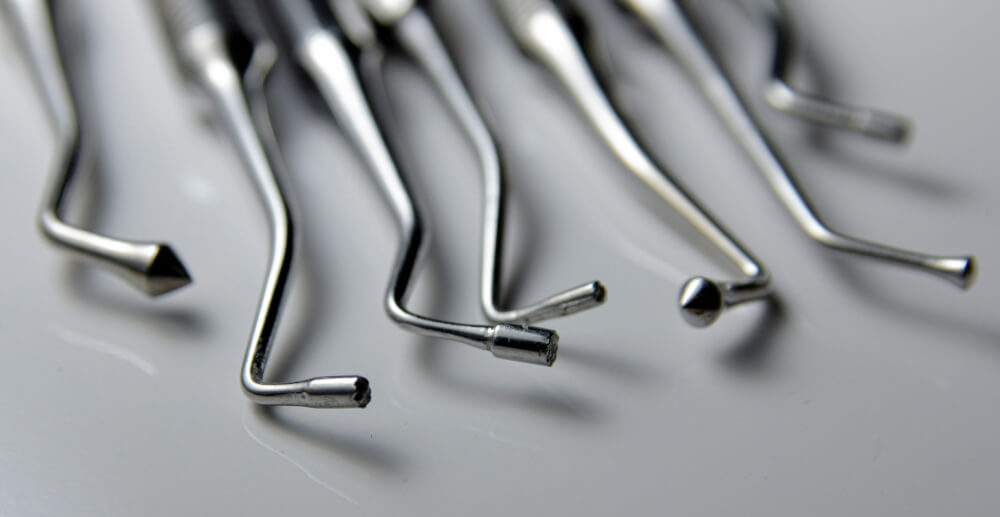My period of problematic drinking (my active addiction, as we often call it) was short. I got drunk for the first time in October of 2010 and for the last time in February of 2014. The shortness of this time didn’t make it any less intense or less destructive. In those three years, I progressed from never having been drunk before to drinking huge quantities of hard liquor every day. I didn’t feel like drinking was a choice; it was a necessity, and I prioritized it over my family, my work, and my health.
I got into recovery via the 12 steps, and I’ll never forget reading in the Big Book of A.A., “To be gravely affected, one does not necessarily have to drink a long time nor take the quantities some of us have. This is particularly true of women. Potential female alcoholics often turn into the real thing and are gone beyond recall in a few years.”
I felt so seen by those words. But later I began to wonder if they were true. Does alcohol really affect women differently?
How alcohol affects women while drinking
Many women like me with a high tolerance for alcohol felt a sort of smug superiority about it. A sense that by being able to drink a lot, we were proving ourselves better than the stereotype that women can’t handle their liquor.
There is a lot wrong with that interpretation. First, having a high tolerance isn’t admirable or an accomplishment, but it is often a sign that we’re drinking more than is wise. (An increasing tolerance is one of the diagnostic criteria for alcohol use disorder.)
Second, the belief that women are more affected by alcohol isn’t a sexist stereotype, but a reflection of biological realities. According to the CDC, women tend to absorb more alcohol than men (so they get impaired more quickly) and take longer to metabolize it (so they stay drunk longer). This may be partially due to the fact that women’s bodies contain a lower proportion of water than men of the same size. So while I was gloating over outdrinking men, I was likely absorbing much more alcohol than they were … with all of the harms that come along with that.
How alcohol affects women’s health long-term
Excessive drinking brings a lot of health risks that I never really thought about when I was drinking. I worried about people noticing that I was throwing up, but I didn’t take actual damage to my body seriously. Now I know that women who drink excessively are at greater risk of developing medical problems than men who drink similarly. This includes a greater likelihood of hangovers and blackouts, and increased risks of cardiovascular disease, liver damage, and some cancers.
Alcohol can also affect women’s reproductive health. Drinking can disrupt menstruation and ovulation, may be associated with early menopause, and can affect the production and processing of hormones.
Do women develop alcohol use disorder more quickly?
The Big Book, which I quoted above, was published in 1939 and was written by non-researchers. So while I was comforted by their claim that women develop alcoholism or alcohol use disorder rapidly (and therefore I wasn’t unique), I kind of doubted that the authors knew what they were talking about. But current thinking actually supports that conclusion: Women may develop alcohol use disorder more rapidly than men who drink similarly.
In addition, women are less likely to receive treatment for alcohol use. One study found that women were “twice as likely as men to think a problem would get better by itself” and therefore not look for help.
Does this mean that women shouldn’t drink?
From a strictly medical point of view, none of us should be drinking, but that’s not very realistic. Alcohol is a huge part of our society and is a regular component in recreation and meals for many. So I’m not going to tell other women that they have to cut alcohol out. But I do recommend harm reduction strategies to reduce heavy drinking and to limit the harm from alcohol.
What about transwomen and nonbinary folks?
Medical studies often take a very binary approach to sex. Those that aren’t specifically about trans people’s health and experiences may exclude them. This can make it difficult to determine which of the concerns reported for cis women who drink alcohol are also applicable to transwomen, or to transmen or nonbinary AFAB people receiving gender-affirming medical care.
It is safest to assume that most health risks reported for cis women may affect other AFAB people similarly, and that anyone receiving hormone therapy might have it disrupted by alcohol consumption.
If reading this has made you realize that alcohol might be affecting your health or well-being, know that help is out there. Here at Workit Health, we have treatment programs for alcohol use disorder, and there are many other programs available around the country. You don’t have to figure it out alone.








